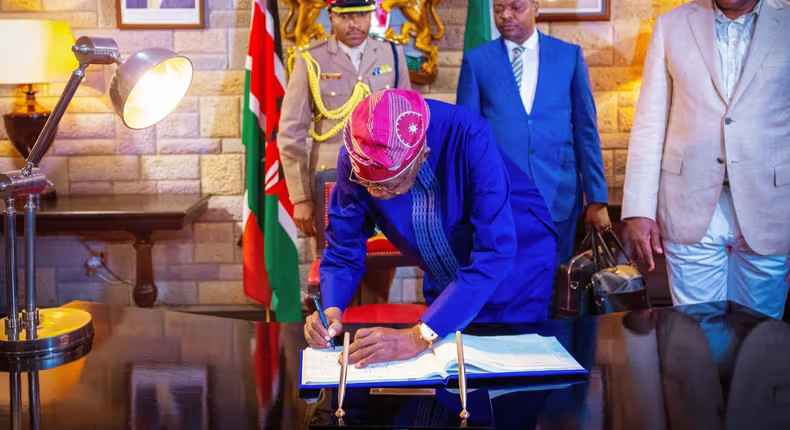The proposed bill authored by Akin Fapohunda, titled “A Bill for an Act to Substitute the Annexure to Decree 24 of 1999 with New Governance Model for the Federal Republic of Nigeria,” aims to fundamentally reshape Nigeria’s governance structure by reintroducing regionalism. Here are the key points and provisions of the bill:
1. **Introduction of New Governance Model**: The bill proposes the enactment of “The Constitution of the Federal Republic of Nigeria New Governance Model for Nigeria Act 2024.” This suggests a comprehensive overhaul of the current governance framework to accommodate regional autonomy and development.
2. **Division into Eight Geo-Political Regions**: The bill outlines the division of Nigeria into eight geo-political regions with provisional boundaries. These regions are structured to accommodate ethnic and cultural diversity while promoting regional integration and development. The proposed regions include:
– **Southern Region**: Comprising Akwa-Ibom, Bayelsa, and Cross Rivers States. It may also include specific ethnic groups in Southern Imo and Northern Ondo to maintain contiguity.
– **Southern Eastern/Western Region**: This includes Abia, Anambra, Ebonyi, Enugu, Imo, Lagos, Ogun, Ondo, Osun, Oyo, Ekiti States, and potentially incorporating Yoruba-speaking areas in Kogi and Igbomina people in Kwara State.
– **Mid-Western Region**: Consisting of Edo and Delta States, possibly incorporating the Anioma people.
– **Eastern Middle Belt Region**: Encompassing Northern Cross River, Southern Kaduna, Southern Borno, Adamawa, Benue, Kogi, Plateau, Nasarawa, and Taraba States.
– **Western Middle Belt/North Western Region**: Including Southern Kebbi, parts of Kwara and Niger States.
– **North Eastern Region**: Comprising parts of Borno, Gombe, Bauchi, Jigawa, and Yobe States.
– **North Western Region**: Consisting of Kaduna and parts of Kebbi, Kano, Katsina, Sokoto, and Zamfara States.
3. **Enhanced Regional Autonomy**: The bill seeks to empower these regions with substantial autonomy in governance, economic development, and resource management. This decentralization is aimed at fostering local control and addressing regional specificities and challenges.
4. **Public and Legislative Support**: Despite initial delays in the House of Representatives, the bill is set to be presented to President Bola Tinubu for review and subsequent action. Akin Fapohunda, representing the Coalition of Indigenous Ethnic Nationalities, underscores the organization’s advocacy for regionalism as a means to foster national unity and effective governance.
Overall, the proposed bill represents a significant shift towards regional autonomy and governance restructuring in Nigeria, aiming to address socio-economic disparities and promote inclusive development across the diverse regions of the country.
